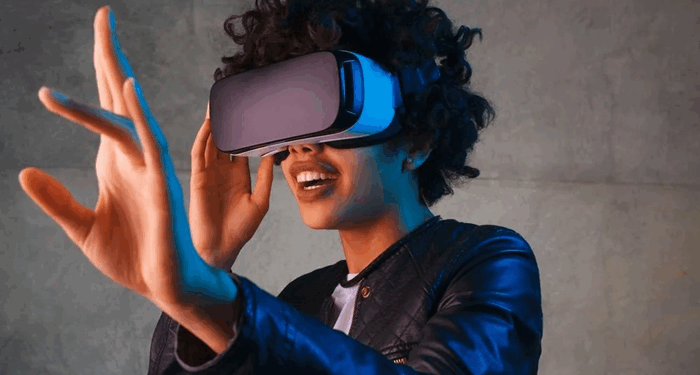Virtual reality technologies have quickly ceased to be a niche entertainment. Today, VR is a full-fledged tool for training, leisure, simulation of processes, events and even therapy.
More and more entrepreneurs are considering launching a VR business as a promising area with high margins and relatively low initial investments. However, in order to successfully start and gain a foothold in the market, it is important to take into account the nuances that affect the payback and stability of the project.
Why VR business is in demand today
The growing popularity of virtual reality is associated with several factors. Constantly updating equipment makes vr franchise cost more affordable and of better quality. Businesses are looking for new formats to engage customers, and users are increasingly choosing emotional experiences instead of standard entertainment. In addition, it has become relevant in education, medicine, industry and corporate training – this opens up many niches and earning models for entrepreneurs.
VR business formats that really work
The modern direction includes several popular models:
- VR clubs;
- VR attractions in shopping centers;
- mobile VR stations for the holidays;
- corporate training programs;
- VR quests;
- simulators for sports or driving;
- VR zones in cafes and entertainment centers.
Each model has its own level of investment, but with proper organization it allows you to quickly generate a flow of clients.
For example, VR clubs require a spacious room and several stations. Mobile VR services are cheaper, but require good logistics and competent promotion. Corporate VR content brings higher profits, but requires professional script development and interaction with companies.
The main step is to choose the right target audience and location. VR clubs work better in high-traffic areas and near entertainment venues. It is more effective to launch corporate VR solutions through B2B channels, and target mobile stations at birthdays, weddings, graduations and corporate events. Per-minute rates are popular in VR clubs, hourly rates are popular in mobile VR services, and corporate projects are often paid for under a contract for the entire range of work. With proper organization, attention to the quality of equipment and the right marketing strategy, a VR project can become a stable and profitable source of income already in the first year of operation.















